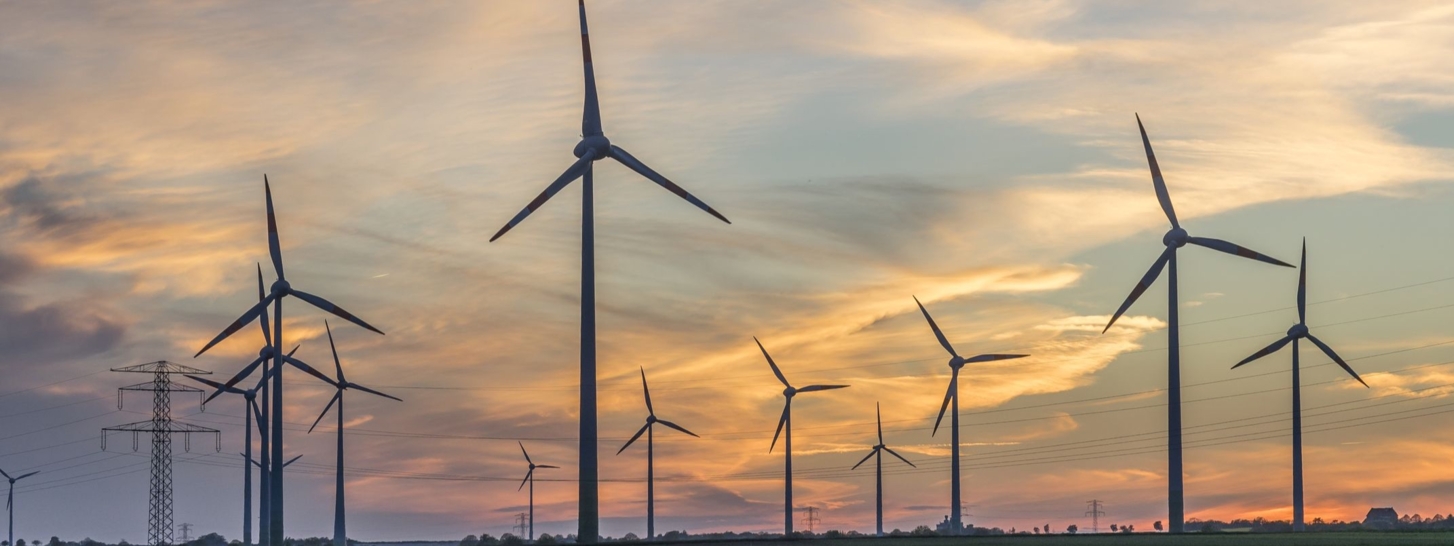The rotor blades mounted in wind energy units are bound to the hub with fasteners, so-called expanding bolts and cross bolts. Typically, these are manufactured in thread dimensions M27 – M36 and strength class 10.9. As components subjected to heavy stress, they require long-lasting corrosion protection and must also be capable of being fastened securely and precisely. | Many of the plant components within the machine casing need to be fitted with high surface pressure due to the required level of mechanical stability. As a consequence, here too, fastening elements such as hexagonal bolts, threaded bolts, nuts or washers are utilised to join these components together with a high degree of material rigidity. Common dimensions here are from M20 to M64. | Threaded sleeves are the counterpart to expanding bolts or so-called double-end bolts. These are installed within the rotor blade or laminated. As maintenance work is extremely complex, long-lasting protection against corrosive influences is key here. Procedures have been developed for this that permit the partial coating of the threaded sleeves. | Anchor bolts are various types of bolts that are set into the foundation of the unit. The wind tower, for example, is secured to these up to 8-metre-long components – also known as foundation bolts. These components require complete or at least partial effective corrosion protection for the thread. |
 Belgium nederlands
Belgium nederlands Belgium français
Belgium français Canada english
Canada english Canada français
Canada français China chinese
China chinese Czech Republic čeština
Czech Republic čeština Deutschland deutsch
Deutschland deutsch France français
France français Hungary magyar
Hungary magyar International english
International english Italy italiano
Italy italiano Netherlands nederlands
Netherlands nederlands Poland polski
Poland polski Russia русский
Russia русский Slovakia slovenčina
Slovakia slovenčina Switzerland français
Switzerland français Switzerland deutsch
Switzerland deutsch Turkey Türkçe
Turkey Türkçe USA english
USA english
